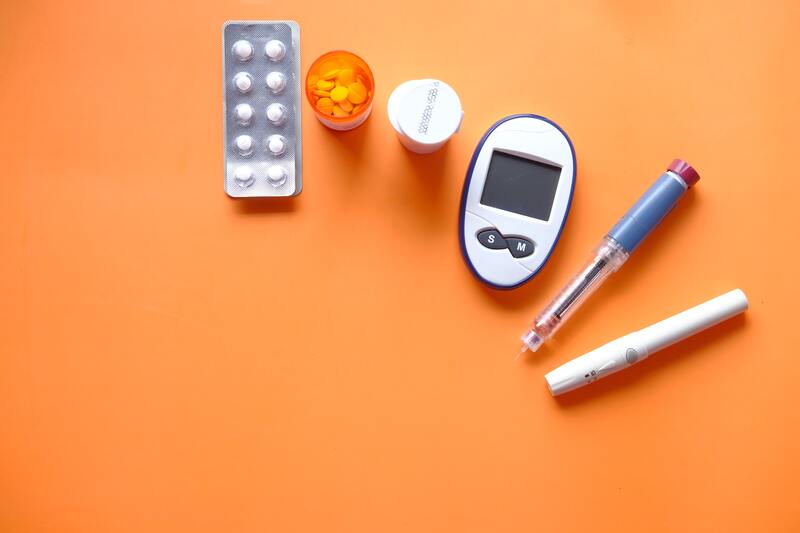What is GDM and how to manage it

Gestational diabetes mellitus (GDM) is a type of diabetes that occurs during pregnancy. It is caused by high levels of sugar (glucose) in the blood, which can affect the health of both the mother and the baby. GDM usually develops during the second half of pregnancy and goes away after the baby is born. However, women who have had GDM have an increased risk of developing type 2 diabetes later in life.
What group of people will get GDM more easily
Gestational diabetes mellitus (GDM) can affect anyone, someone might say they are skiny and will not get GDM. Which unforunately is wrong. But certain factors can increase the risk of developing the condition. These include:
- Age: Women over the age of 25 are at higher risk of GDM.
- Family history: Women with a family history of diabetes are at higher risk of GDM.
- Being overweight: Women who are overweight or obese before pregnancy are at higher risk of GDM.
- Previous GDM: Women who have had GDM in a previous pregnancy are at higher risk of developing the condition in future pregnancies.
- Ethnicity: Women of certain ethnicities, such as Hispanic, African American, Native American, and Asian American, are at higher risk of GDM.
How to deal with GDM
Gestational diabetes mellitus (GDM) is typically treated with a combination of diet, exercise, and, in some cases, insulin medication. The specific treatment plan will depend on the severity of the condition and the needs of the individual.
Here are some general recommendations for managing GDM:
- Eat a healthy diet: A healthy diet is important for managing GDM and ensuring the health of the mother and the baby. This may include following a meal plan that is low in fat and calories, and high in fiber, fruits, vegetables, and whole grains. Your healthcare provider or a dietitian can help you develop a meal plan that meets your needs.
- Exercise regularly: Regular exercise can help manage blood sugar levels and improve overall health. Your healthcare provider can help you determine an appropriate exercise plan during pregnancy.
- Monitor blood sugar levels: Regular blood sugar level checks can help determine whether your treatment plan is effective and whether any adjustments need to be made.
- Take insulin medication if prescribed: If your healthcare provider prescribes insulin medication, it is important to take it as directed. Insulin can help manage blood sugar levels and ensure the health of the mother and the baby.
It is important to follow your healthcare provider's recommendations for managing GDM. Early detection and treatment can help manage the condition and improve outcomes for both the mother and the baby.
Photo by Towfiqu barbhuiya on Unsplash
